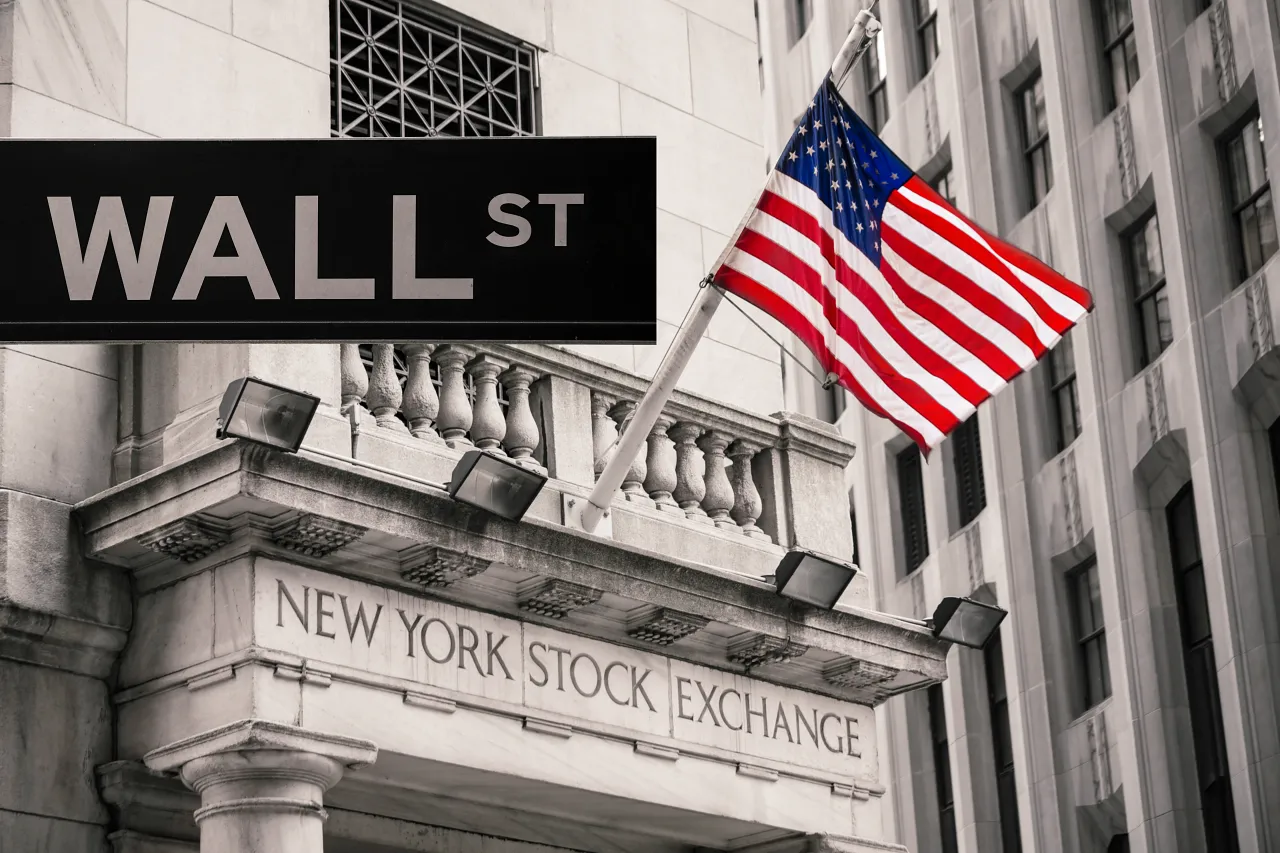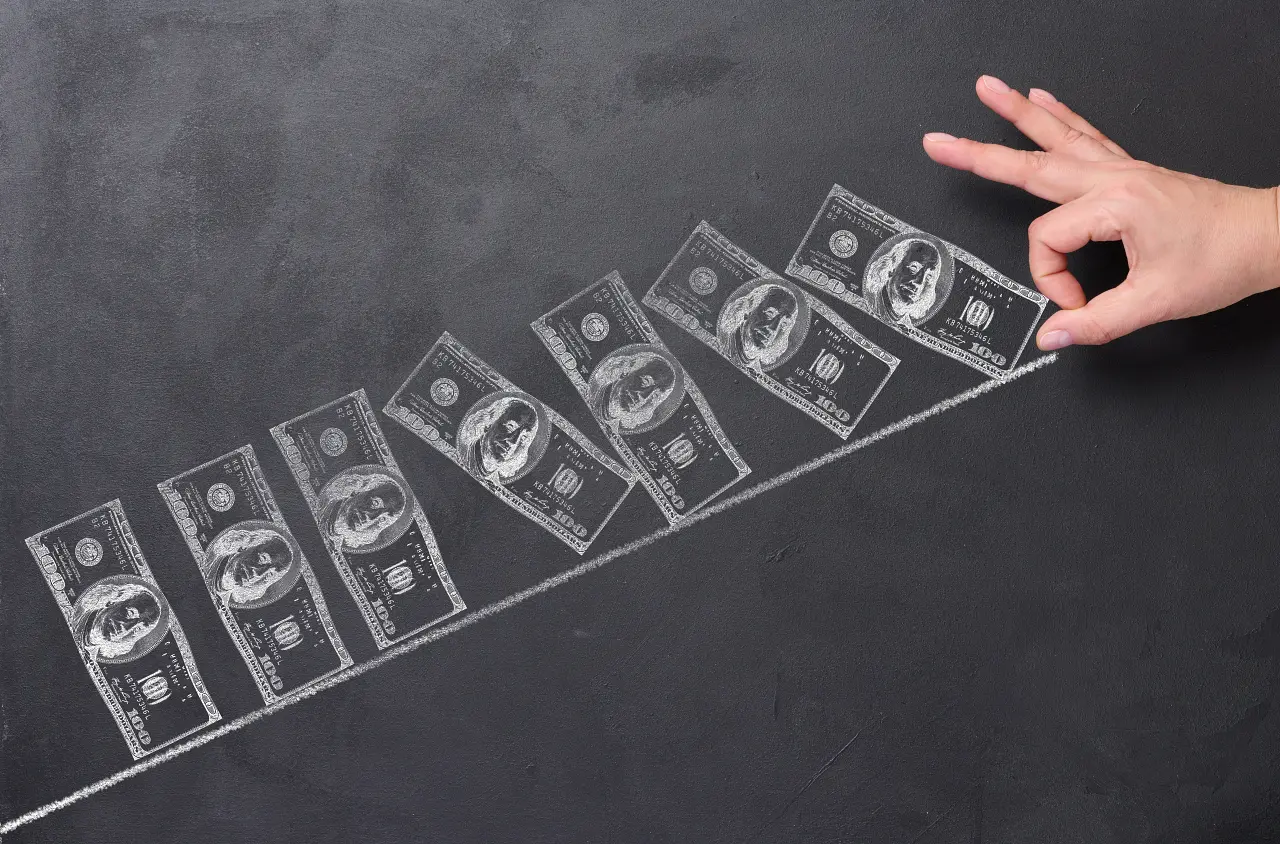· Investing · 4 min read
Why the Stock Market Is Not Gambling
The stock market and gambling share some surface similarities, but they are fundamentally different in purpose, approach, and outcomes. Let's talk about this.

Some people say the stock market is just like gambling, where you risk your money and hope for the best. But this idea is not true. While both involve money and uncertainty, the stock market is much more than a game of chance.
Here’s why the stock market is not gambling and why it’s actually a powerful way to grow wealth when done wisely.
Investing vs. Gambling: The Key Difference
The main difference is control and strategy.
Investing in the stock market means buying shares of a company. When you do this, you own a piece of that company. If the company grows and earns more money, the value of your shares can go up. You can also earn dividends (a share of the company’s profits). Investing involves research, planning, and patience. Gambling, on the other hand, is about betting on random outcomes, like spinning a roulette wheel or rolling dice. You have no control over the result, and the odds are often stacked against you.
In the stock market, success is based on real-world factors, like a company’s performance and the economy, not random chance.
The Stock Market Rewards Knowledge and Research
In gambling, no matter how much you study the dice or the cards, the outcome is mostly luck. The house (casino) always has an edge, so over time, most gamblers lose.
In the stock market, you can increase your chances of success by learning and making informed decisions. For example:
- Researching companies to find strong, growing businesses.
- Diversifying your investments to reduce risk.
- Understanding market trends and economic factors.
When you invest based on knowledge, you’re making decisions rooted in logic, not luck.
Time Works in Your Favor
The first rule of compounding is to never interrupt it unnecessarily - Charlie Munger
One of the biggest advantages of investing is time. The stock market tends to grow over the long term. Even if there are short-term drops, the market historically recovers and grows over decades.
For example:
The average annual return of the U.S. stock market is about 8-10% over the long term.
Compounding (earning returns on your returns) can make your money grow exponentially over time.
Gambling, however, is a one-time event. You either win or lose, and the odds reset every time you play. There’s no “compounding” in gambling.
Stocks Represent Real Value
When you invest in the stock market, you’re putting your money into real businesses. These companies create products, employ people, and generate profits. As these businesses succeed, their stock prices go up, and you, as a shareholder, benefit.
In gambling, there’s no underlying value. A bet on a horse or a roll of the dice doesn’t create wealth — it simply redistributes money.
Risk Can Be Managed
The stock market does come with risks, but these risks can be managed:
Diversify your investments (don’t put all your money in one stock).
Invest for the long term to ride out market ups and downs.
Avoid speculation and focus on stable, proven companies.
For example, I follow a few simple rules to manage risk: I avoid buying OTC stocks, stay away from penny stocks, and never short stocks.
In gambling, risk is mostly out of your hands. The odds are fixed, and there’s little you can do to improve them.
Investing Helps Build the Economy
When you invest in the stock market, you’re not just helping yourself — you’re also supporting companies that drive the economy. Businesses use the money from investors to expand, create jobs, and develop new products.
Gambling doesn’t build wealth or contribute to the economy in the same way. It’s entertainment, not an investment in the future.
Conclusion
The stock market is not gambling. While both involve some level of risk, investing is based on research, strategy, and real-world factors, not random chance. It’s a way to grow your wealth over time and support the growth of businesses and the economy.
When done wisely, the stock market is a powerful tool — not a roll of the dice. Instead of luck, it rewards patience, knowledge, and planning. So, the next time someone says the stock market is gambling, you’ll know the truth: It’s a calculated way to achieve financial growth, not a game of chance.



